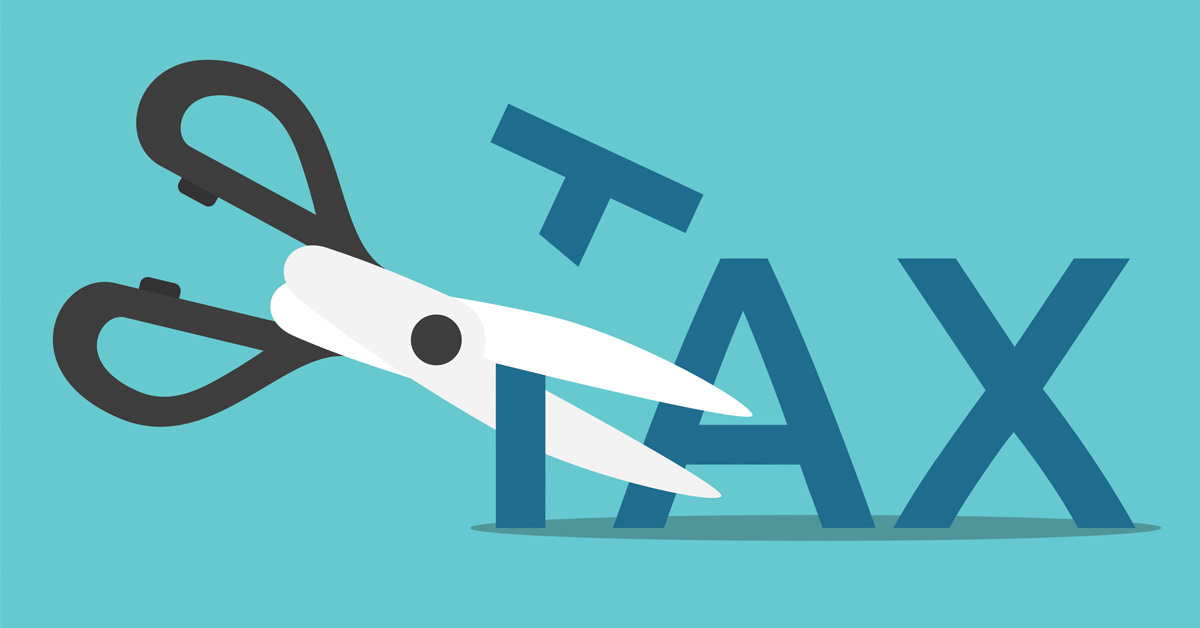
How Using Exchange Traded Funds (ETFs) Can Help Minimize Your Taxes
September 10, 2018
 By Michelle Holmes, CFA
By Michelle Holmes, CFA
Trust Investment Officer
Do you have extra cash to invest before the end of the year? Good.
Do you normally invest in mutual funds, for diversification? Great!
But did you know that even if you only invest for part of the year, you can still get taxed for a full year’s worth of capital gains? That's not so great ... Luckily, we have some tips on how to avoid this situation and keep more of your money:
What is a “Capital Gain” Distribution?
A capital gain is the amount the value your investment has increased over the purchase price, at the time it is sold (in other words, "Selling Price" minus "Purchase Price" = "Capital Gain"). In a mutual fund, assets are frequently bought and sold, accumulating into capital gains that must be "distributed" to shareholders (you). Here's the catch: many mutual funds only pay or distribute these capital gains once or twice a year.
How Mutual Funds Can Be Taxed for a Full Year (Even if you Owned Them Less)
Here's an example. Let's say you receive a $10,000 cash bonus near the end of the year and want to invest it in the stock market — but you also want to diversify among several companies. To do this, you purchase a mutual fund that invests in stocks early in December. Then, let's say this fund pays out accumulated capital gains in late December, from sales they made inside the fund during the other 11 months of the year. You could be taxed on the capital gains for the entire year — even though you only owned the fund for a few weeks!
Using Exchange Traded Funds (ETFs) to minimize your Taxes
If you want more diversification similar to a mutual fund, but with greater tax efficiency, you can purchase an "exchange-traded fund" (ETF). An ETF — like a mutual fund — tracks or invests in multiple assets. But, unlike a mutual fund, an ETF is a marketable security that trades like a stock. Thus, an ETF is only taxed for the actual amount of time you have owned the fund.
At Security National Bank, we follow a few general rules of thumb when it comes to using ETFs and year-end planning for taxable accounts (while also taking into account each client's unique situation):
- Cash additions less than 10% of total account value? Invest normally.
- Cash additions between 10% and 20%? Review client account and current tax situation before
investing.
- Cash additions over 20%? Invest in the ETF alternative for the stock portion of purchases for
the remainder of year.
Want to learn more? Contact an advisor at Security National Bank, and let us help you formulate a strategy to avoid near-term capital gains distributions.